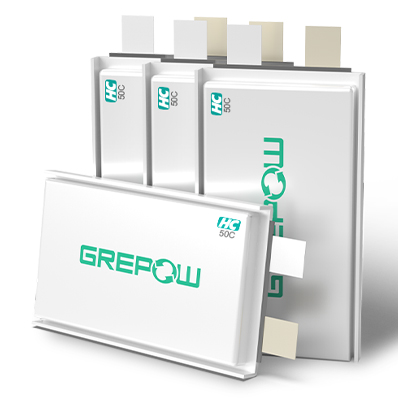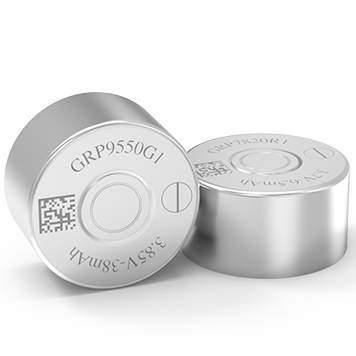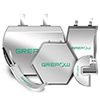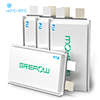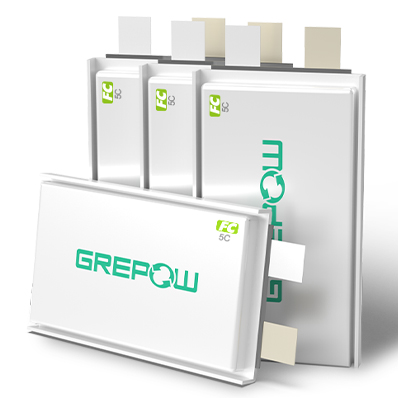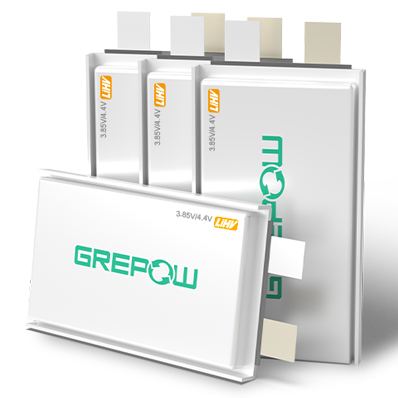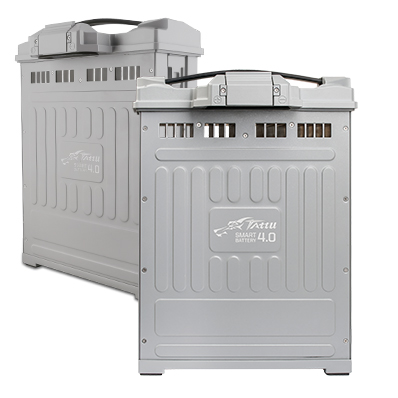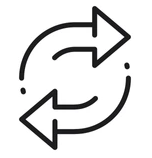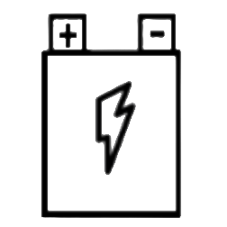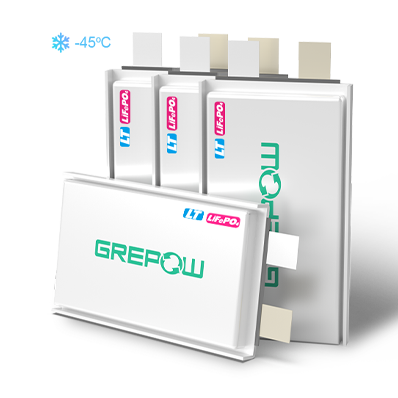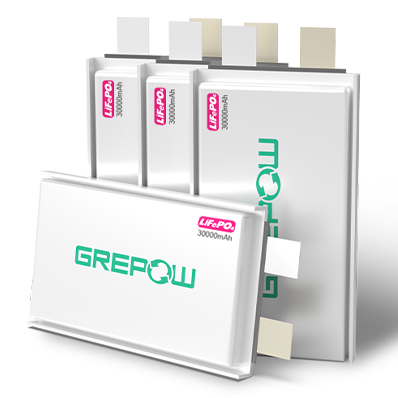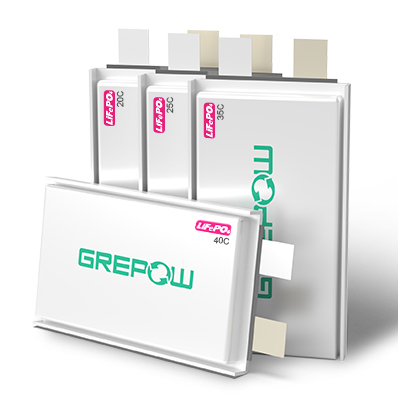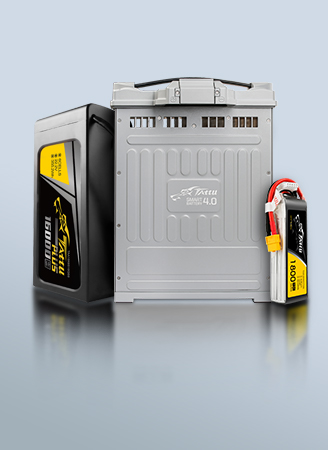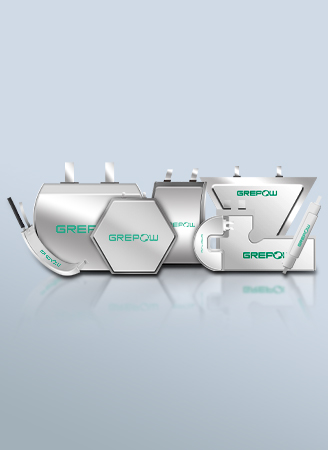Covid-19 to prompt battery manufacturing capacity decline in China
By GlobalData Energy SHARE, Critical battery components are manufactured in China, either by domestic or international manufacturers.
In the age of global trade, cross-border trade of commodities and services has resulted in the interdependence of global economies, when a country’s manufacturing industry is dependent on goods and services sourced from international markets.
The emergence of Covid-19 has affected the global economy and resulted in significant downtime for major industries. Similar to other industries, the energy storage industry is facing challenges in manufacturing, shipment delays, project development and research and development.
In comparison to the renewables industry, the power industry is in its early stages of development and the epidemic is likely to have a limited impact on market growth. Nevertheless, stakeholders involved in the supply chain are facing significant challenges, which exposes the market to risks in the short term.
China’s major lithium-ion (Li-ion) battery manufacturers CATL and BYD announced production delays and original equipment manufacturers (OEMs), who source battery and raw materials from China, are the most vulnerable to the disruptions in the market.
Few OEMs have managed to procure materials from alternate sources in Japan, Korea and Taiwan, China, with manufacturers capable of meeting the short-term demand, while others suspended operations. The battery manufacturing industry in China is estimated to witness a shortfall in 25GWh to 30 GWh in capacity in 2020 due to Covid-19-induced market challenges.
The supply chain for battery energy storage is highly concentrated with China dominating the production line. The burgeoning production capacity that Chinese manufacturers achieved has been a primary factor in driving down technology prices. Critical battery components are manufactured in China, either by domestic or international manufacturers.
To combat the virus transmission, the government imposed provincial travel bans and factory closures, which slowed battery manufacturing in key industrial centres. The resulting supply constraint impacted the global electric vehicle market, the biggest consumer of batteries, and the stationary power storage market. Although manufacturing has restarted, it is likely to take some time before production is ramped up to pre-Covid-19 levels.
The challenges that manufacturers are facing in China include the reduction of orders and unfulfilled payments and only those companies that will overcome these hurdles are likely to survive. Large battery manufacturers face the prospect of a reduction in orders and small manufacturers could see their market share and revenues decline as larger players are likely to realigning their customer base to generate enough cash flow by acquiring a share of the small manufacturers’ consumer base.
The Covid-19 outbreak has moved towards demand markets such as the US and Europe, impacting all business verticals from retailing to project commissioning. Companies will find it difficult to engage in business development activities due to quarantine measures and forced changes in daily operations. Many small and medium-sized companies, who rely significantly on their storage business revenues, are vulnerable and likely to be severely affected in the short term.
Large projects are likely to face financing and permitting constraints, where restrictions will impact the flow of labour and materials for assembly and testing and commissioning of battery systems. With the economy slowing, a drop in the demand for battery storage is expected, particularly in the residential and commercial sectors, which is likely to spread upstream as well.
With the pandemic going global, logistics are another risk emerging for battery manufacturers. Countries integral for the production of lithium and other metals needed for battery manufacturing have implemented their restrictions to control virus transmission.
The Association of Mining and Exploration Companies in Australia has warned of interstate travel restrictions. In Chile, a national curfew has been imposed and Argentina has a countrywide quarantine. Both countries have significant lithium deposits. In Africa, border and port closures in South Africa and Congo, the largest source for cobalt, will create raw material supply disruptions. The associated risks and travel restrictions will impact the delivery of raw materials and finished goods downstream, which will further add to the market uncertainty.
Over the last decade, technology advancement and large-scale production have prompted a rapid decline in battery costs. Increased market deployment and improved supply chain efficiencies are key to further accelerating the technology advancement and reducing costs.
Due to the ongoing pandemic, raw materials supply, logistics, transportation and labour have witnessed challenges, which would lead to increased production and operating costs for manufacturers. The rise in costs will also impact the financial returns of under-construction projects that were underpinned by a steady decline in battery prices. In addition, the market expansion is likely to slow down due to the current macroeconomic environment and a stall in the decline of prices is expected in the short term.
The economic slowdown will affect energy storage adoption along with other renewables deployment. Volatility in the market could defer investors and make it difficult for projects seeking financing. Behind the meter deployment is likely to be the most affected due to the ongoing quarantine measures and it will be some time before this segment recovers.
Similarly, larger projects face permitting, commissioning and deployment challenges. On the supply side, manufacturers are expected to witness a reduction in orders, upstream disruptions and logistic challenges, which would result in an increase in prices. Failure in containing the new coronavirus spread can emerge as a hurdle in the ongoing energy transition, impacting all environmentally friendly technologies.
News forwarded from power-technology.com
Learn more about batteries
Keep an eye out on Grepow's official blog, where we regularly update industry-related articles to keep you up-to-date on the battery industry.
Grepow website: https://www.grepow.com/
Grepow Blog: https://www.grepow.com/blog.html
Related Articles
-
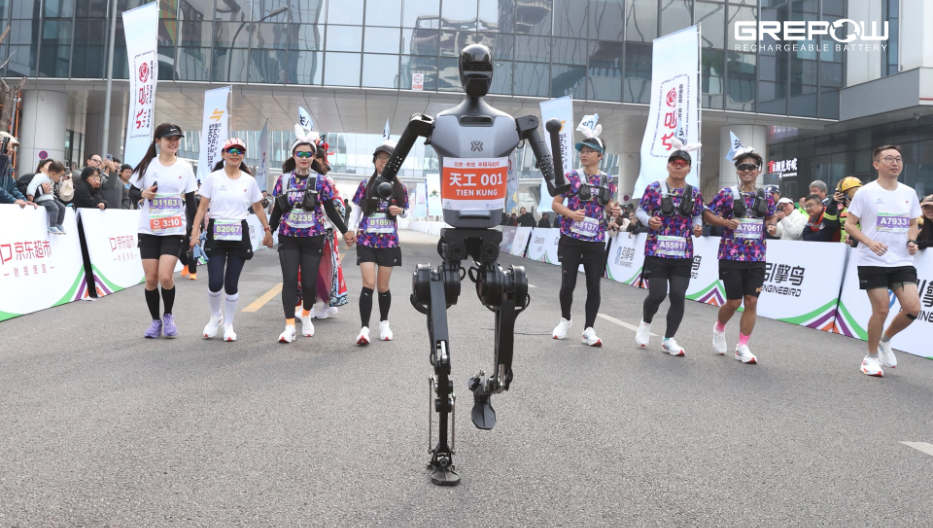
The World's First Humanoid Robot Participation in Half Marathon
2025-04-16 -

Empowering Drone Training with Grepow’s Tailored Battery Solutions
2025-04-15 -

Join Grepow at the 2025 Global Sources Hong Kong Show
2025-04-08


